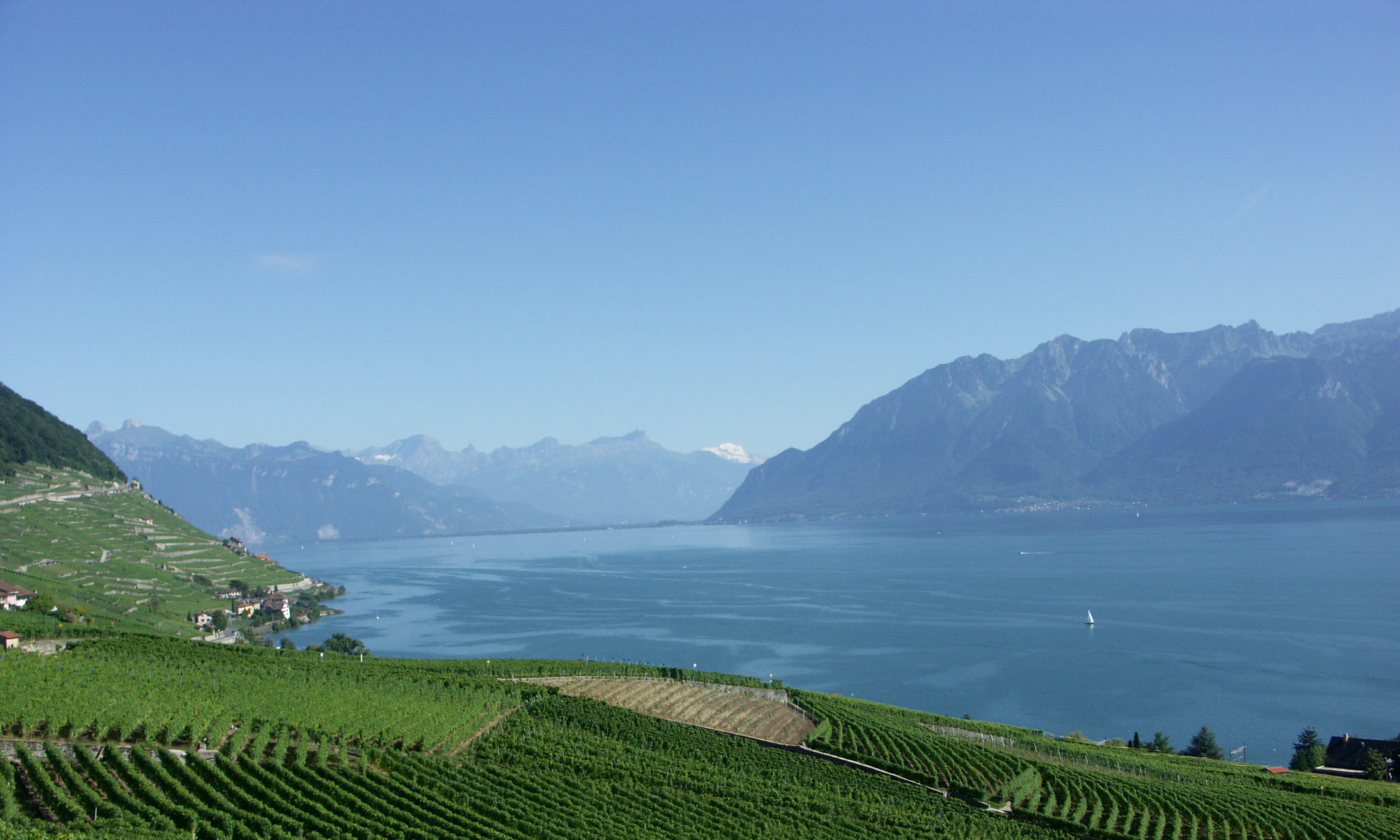To reply to this question use the “Leave a reply” box/field at the bottom of this page.
55 Replies to “Question 1: What are the major external changes and dynamics that demand a response by the National Hydrological Services and the hydrological community of WMO?”
Comments are closed.


one will be the increase of flooding every year which could be reduced/mitigated if a flood monitoring and prediction system was set in place.
Another is the high demand for hydro-climate and meteorological data from the energy sector. There are limited stations, therefore can’t meet up to their demands.
La información meteorológica que llega a los usuarios en la República Argentina está generada, mayoritariamente, en comunicadores de medios radiales o televisivos, redes sociales o aplicaciones de teléfonos. Sin claras muestras de su confiabilidad.
En cuanto a información hidrológica, países vecinos, algunas provincias y entidades regionales generan información que no está integrada en una base única de datos.
No existe una base de datos única (y difusión de esta información) en materia de calidad de agua.
No se incorporan los adelantos tecnológicos en la generación masiva de información hidrológica (ej. Se sigue midiendo caudales por métodos de área velocidad con molinetes hidrométricos desde carros de aforo, no se aforan picos de crecidas………….)
Climate Change extreme event e.g Flood, Drought and Other Anthropogenic activities.
The demand by the NHS and Hydrological Community of WMO should include but limited to:-
– Availability of Data and its accessibility.
– Knowledge sharing/ experience sharing in reducing/mitigating the effect of extreme event and other anthropogenic activities among Hydrological community of WMO.
Assessment of water resources and their variability including in transboundary basins in the light of population increase and the water – energy and food nexus under the influence of climate variability and change.
Disaster risk reduction and improved integrated forecasting services.
Transition from integrated water resources management to adaptive water management for which NHSs need to develop and offer science-based tools and approaches.
The pressure of the lost lives during floods. National Hydrometeorological Services and Hydrological Services can help to mitigate losses.